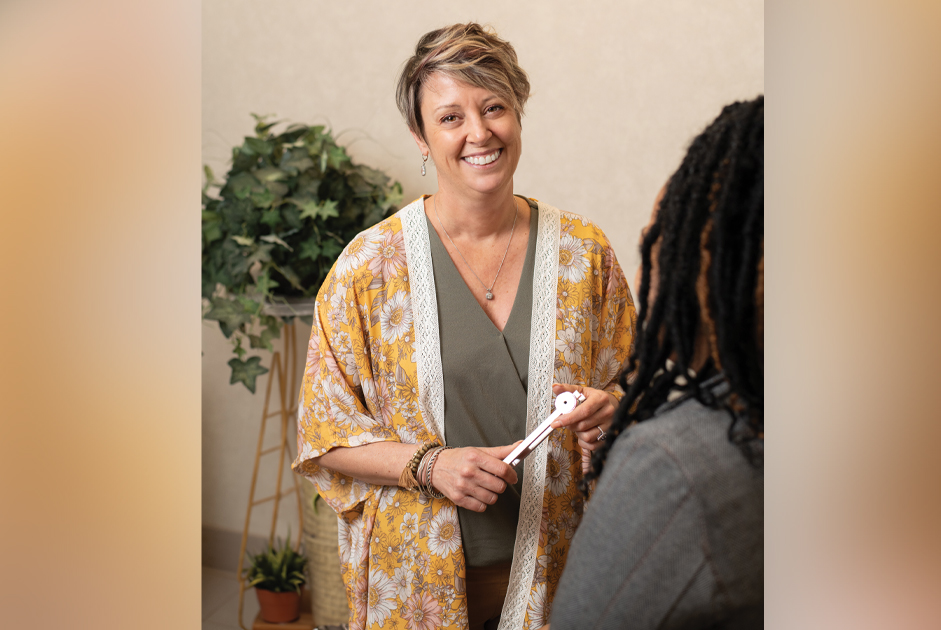Whether it is saying “yes” to social activities you have no interest in or taking on more work than you can handle, most of us at one time or another have struggled with saying “no.” What are some of the reasons that cause us to hesitate to say this small word that carries so much significance? Read on to learn more about why we don’t say it, why we should say it more often, and what can happen if we continue to put ourselves and our needs on the back burner.
Human interactions are reliant on mutual benefit, which makes us feel that not being agreeable to a social request will threaten our bonds with people who are important to us. Social connection and a feeling that we belong are among our most fundamental needs. When we say “no,” there is a likelihood that we may feel we are threatening our relationships and feelings of connection. The fear of saying “no” also stems from the desire to avoid conflict, confrontation or hurting someone’s feelings.
Not too surprisingly, women struggle with saying “no” more often than men. The reasons can range from not wanting to make someone angry, to protecting the egos of the people they care about. In addition, women are socialized to value other people’s needs and feelings above their own. They are taught to be people pleasers and therefore, they often tend to say “yes” to nearly everything asked of them even if it overloads, overwhelms, or exhausts them.
Although saying “yes” in the short term may allow us to avoid the discomfort of confrontation, the long-term toll can cause resentment, chronic stress, and eventually burn out. These things can then manifest into chronic anxiety and depression.
It’s important for everyone to learn to take control of their lives and establish boundaries, as they learn to protect themselves by saying “no.” Having the ability to say “no” firmly and without hesitation shows that you are in the driver’s seat of your own life and it empowers you to protect your precious resources…your time, energy and possibly even your sanity.
More helpful ideas for how to say “no” firmly and gracefully:
Details Optional
Unless you choose to provide details, people don’t need to know your personal business and why you’re saying “no.” In fact, you don’t even need a real reason to say “no” if you don’t want to do something! Let that sink in. Practice turning someone down on their request without making an excuse.
No Apologies
If you struggle with people-pleasing, you may find that you feel guilty when you say “no” to someone. You may even feel that they won’t like you anymore or that they’ll be mad at you. This can cause you to apologize when you’re turning down a request. Practice NOT apologizing. You don’t need to.
Think About It First
It can be a good idea to delay before giving an answer so that you have the opportunity to think about what you could be agreeing to. Think it through and determine how much of a time and energy commitment is really being asked of you.
Establish Your Priorities
Thinking about what your priorities are can help you decide what you are willing to agree to and what you don’t have time for. Establishing priorities and saying “yes” with intention allows you to give your best self to the areas that are most important to you instead of spreading yourself too thin by trying to be everything to everyone.
Practice
Saying “no” doesn’t always feel as easy as it sounds. That’s why it can be helpful to practice when you’re alone. Rehearse your different answers. Practice saying things like, “Let me check my schedule and get back to you.” and “I’m not able to commit to that right now.”






















